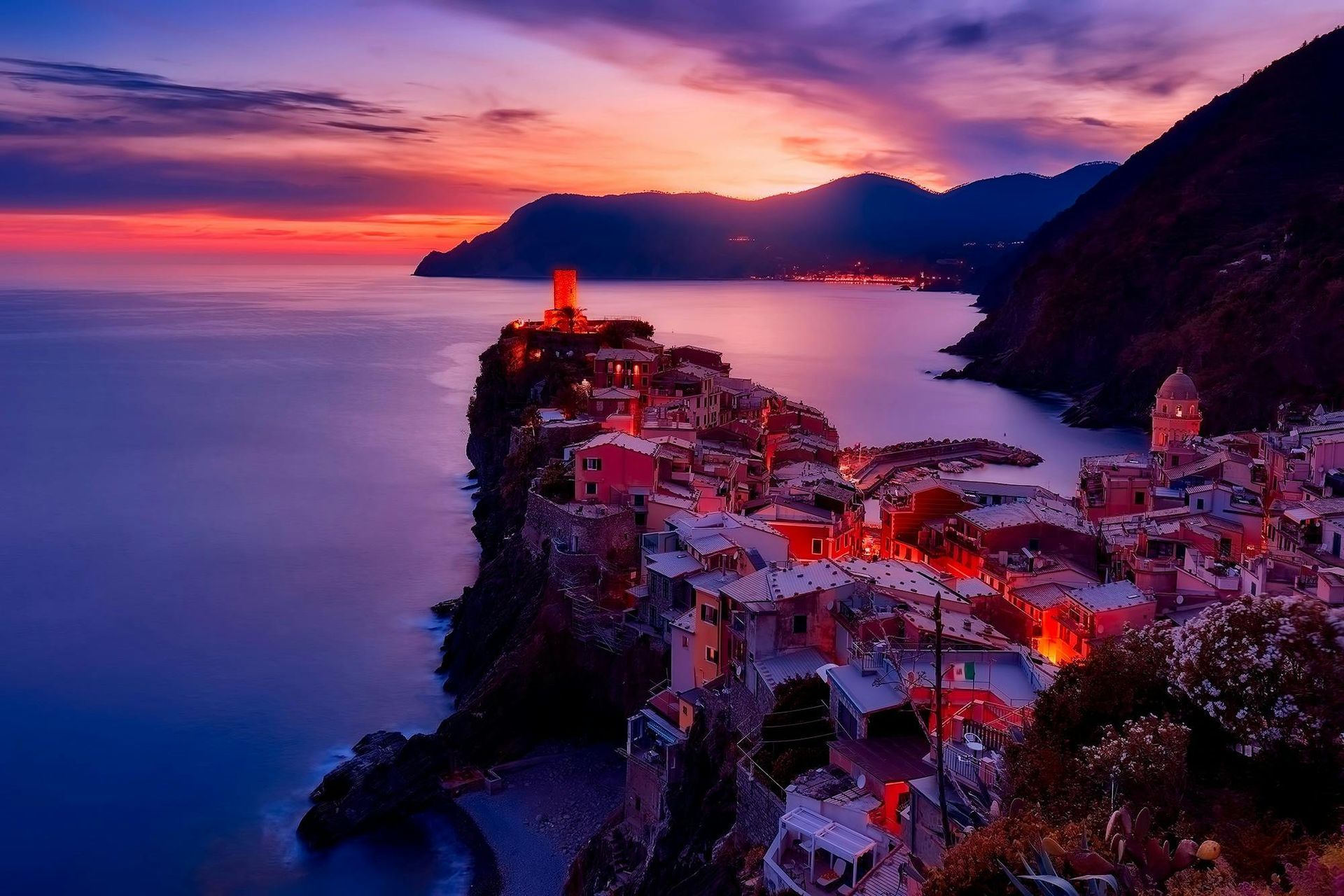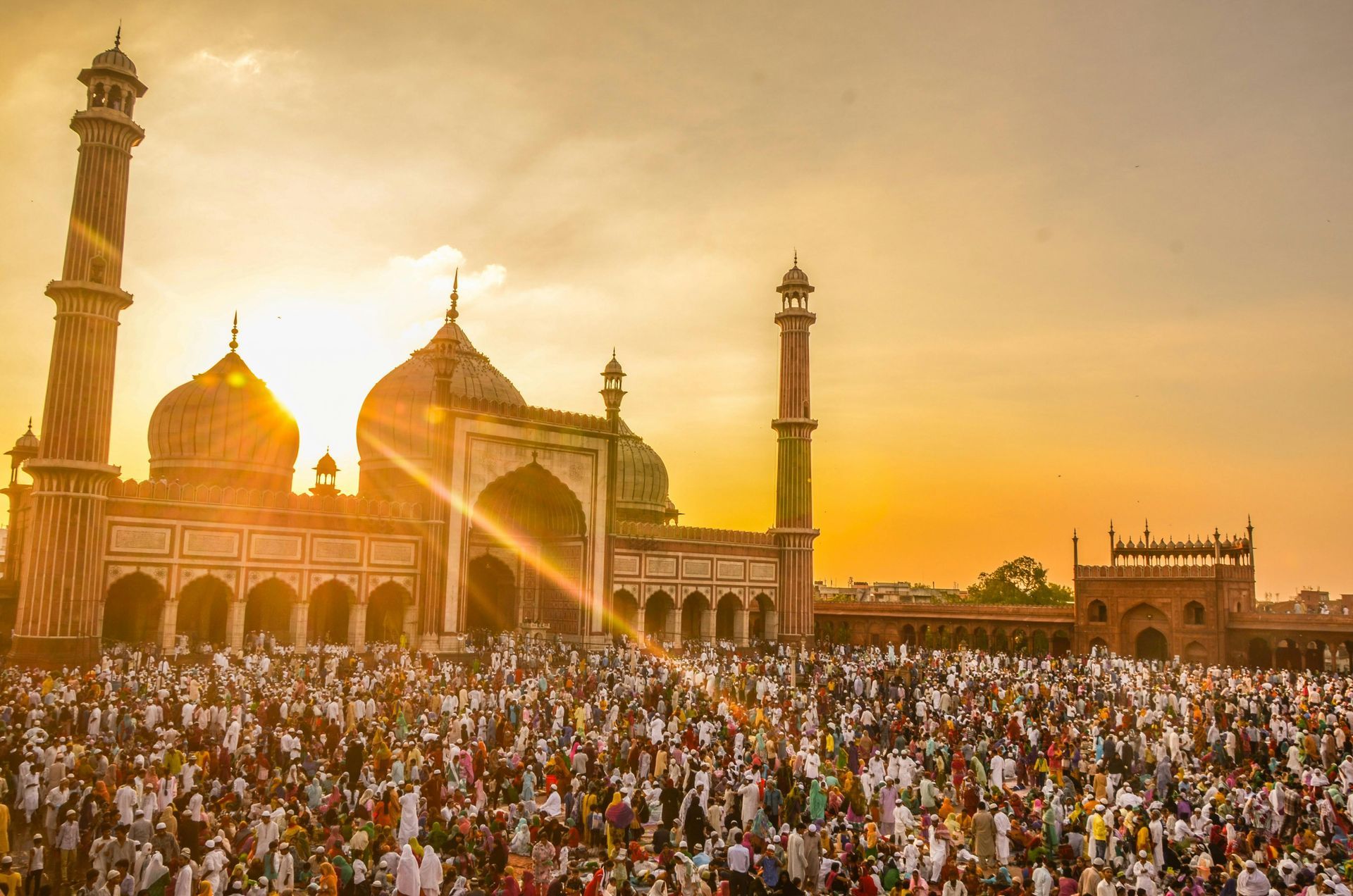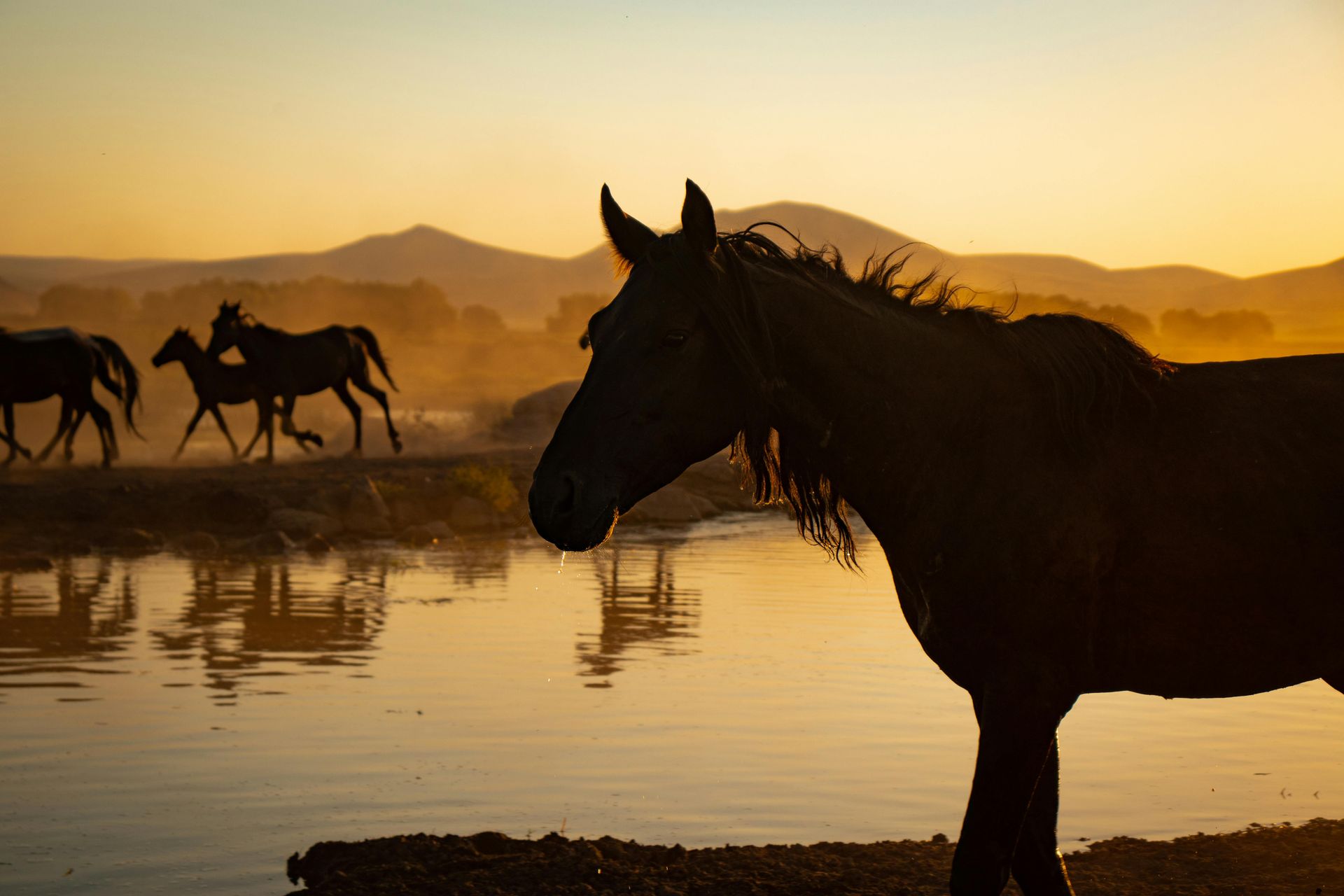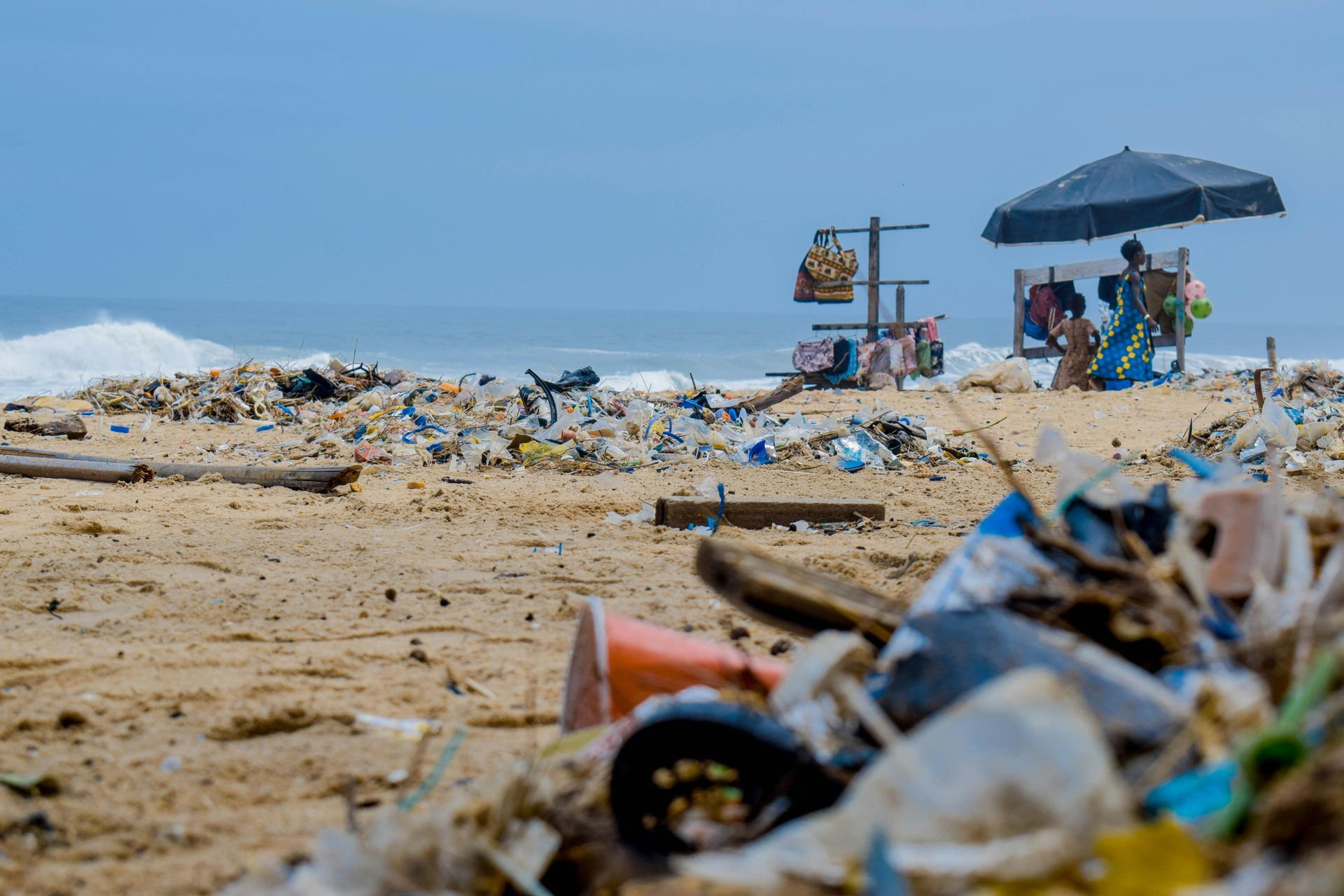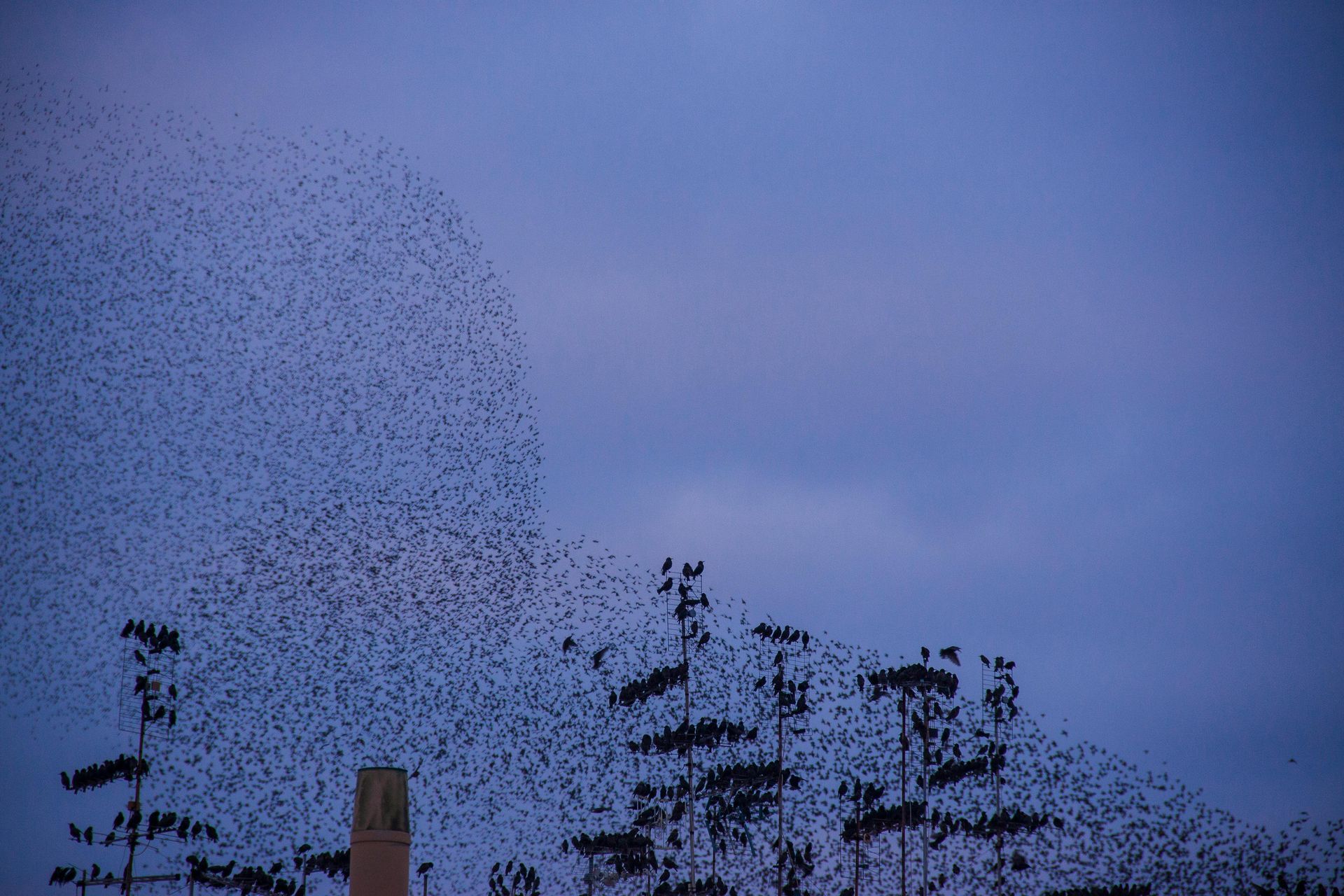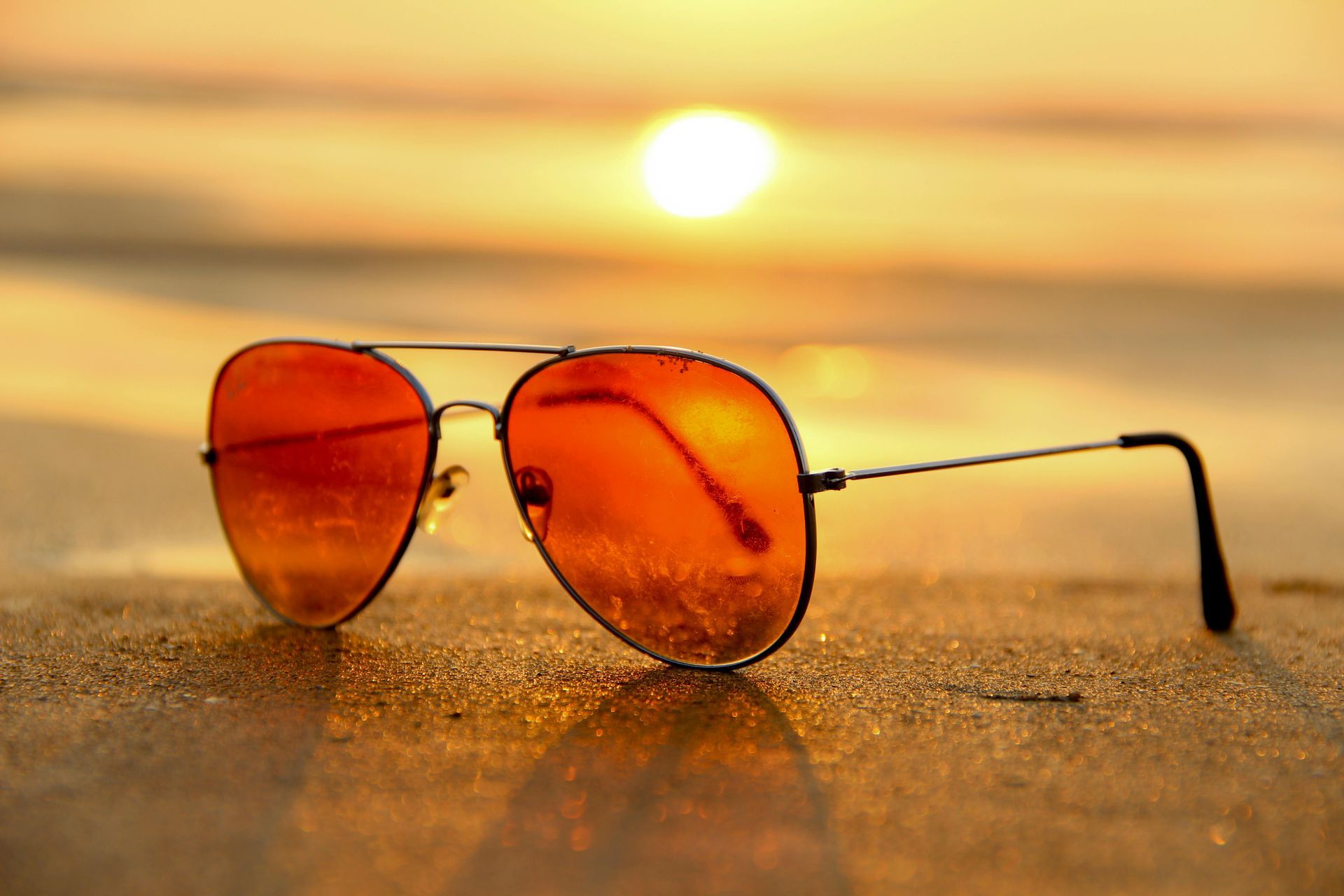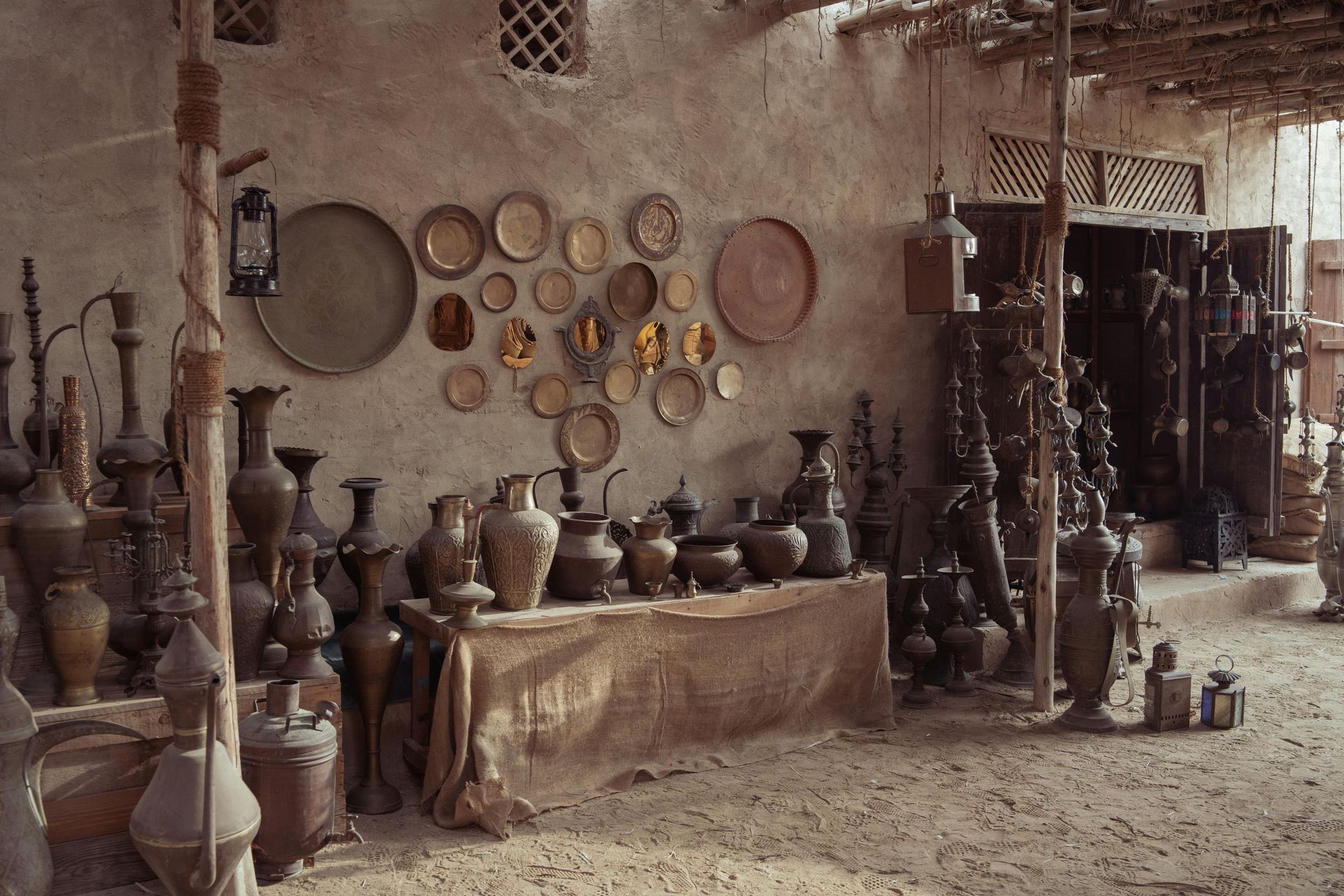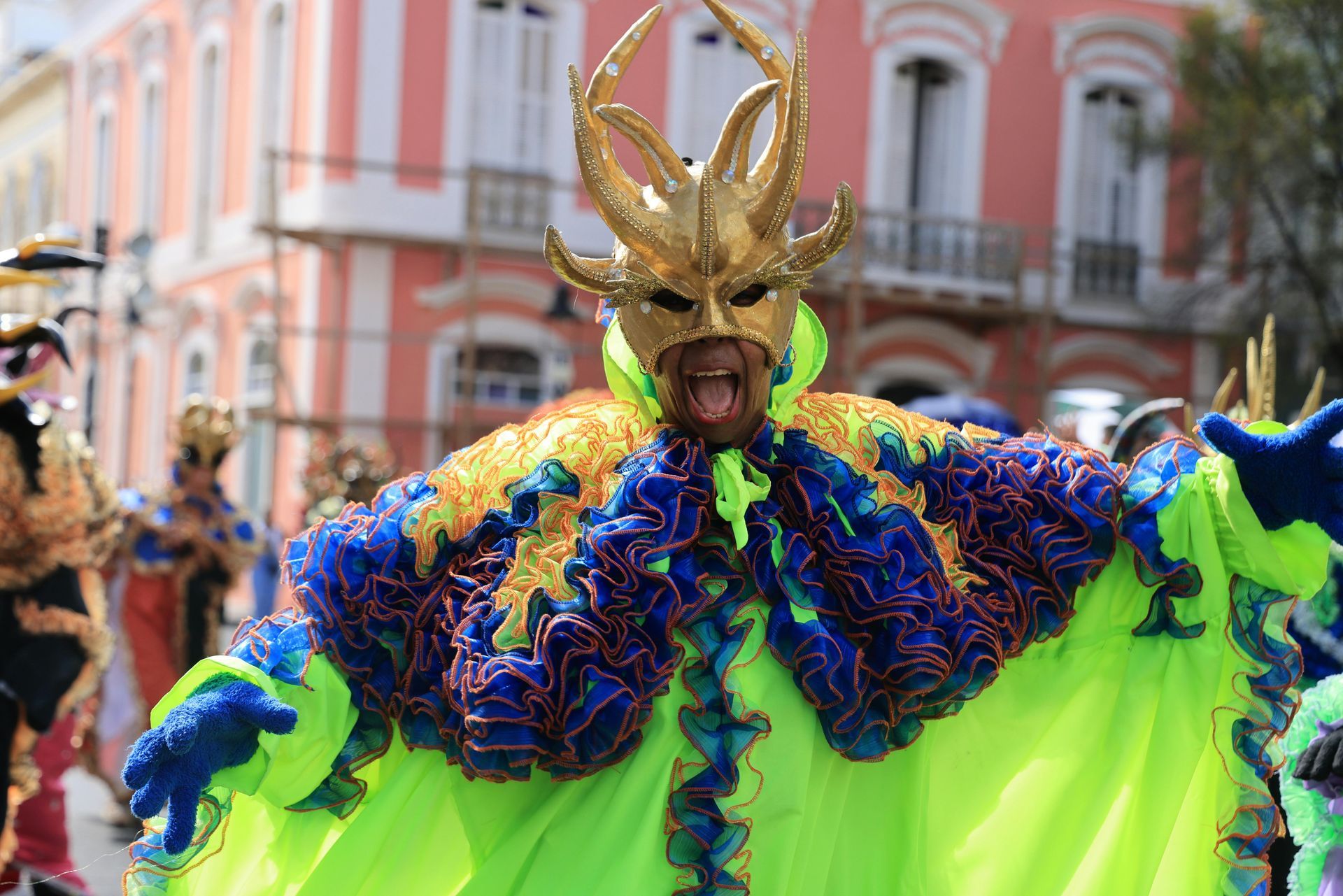Redefining 'Holiday': 4 Ways to Make Better Travel Choices without Sacrificing Luxury
Redefining 'Holiday': 4 Ways to Make Better Travel Choices without Sacrificing Luxury
Here at A’ARU Collective, we believe most people would choose to do better: Do better at connecting intentionally with others, make better choices with our time, find better ways to reduce our carbon footprint. Given the opportunity, we would opt for choices that have a positive impact on us and our planet.
We believe with the right tools, most of us would make better travel choices, too. But in the age of information overload, climate change, and greenwashing, what does it mean to truly make ‘better’ travel choices that benefit both people and planet?
To us, better travel is intentional, purposeful, and informed. Better travel has an environment- first approach and considers social and community impact – without sacrificing luxury. We believe better travel choices are attainable, one step at a time.
As we embark on this journey together, here are some better travel choices you can keep in mind when planning your next getaway that go beyond using paper straws and
reusing your hotel towel
Be De-Influenced
It’s tempting. The daydream of snapping that perfectly posed picture of paradise: the prize shot showcasing your effortless escape in an entirely enviable location, as seen on social media.
But what’s not pictured? Long lines of people waiting to take the
same photo, crowds gathered as early as sunrise, feeds flooded with carbon-copy images, more people influenced to flock to the same spots. Not to mention the inevitable disappointment when
reality doesn’t quite live up to the edited Instagram post.
Countless travel locations have been overrun by holiday makers
inspired by influencers. So much so that some destinations and tourist spots have had to close their doors to visitors altogether, while
protests by locals against tourism are on the rise.
Perhaps it’s time to be ‘de-influenced’. While this trend carries its own
complexities and nuances, it’s one we can keep in mind when it comes to making holiday choices.
Being de-influenced can look like choosing to go
off the beaten path instead of basing your itinerary around attractions or destinations affected by over-tourism. It can mean seeking out authentic experiences that will live on in your memory far longer than a photo posted on the internet. You can even take things a step further and escape the content farm altogether by not tagging your location, or not posting photos at all.
And if you absolutely must visit a hot spot, we encourage you to do so with careful consideration. Visit during the low season and maybe save that photo for your private album.
Embrace Quiet Luxury
Quiet luxury might have made waves in the fashion world in 2023, but we’re considering how we can translate quiet luxury into our travel choices in 2024. The trend upends the idea that luxury must be overtly obvious. Instead, quiet luxury is low-key, effortless, and built on quality. According to Vogue, it’s ‘more a mood than anything else’, which makes it ideal in our vision of better travel choices, without sacrificing luxury.
We’re asking ourselves if every holiday truly needs to be several flights around the world in far- off, sun-soaked climes. Can the retreat that we crave be found closer to home? Because according to Sustainable Travel International ‘tourism alone is responsible for 8% of the world’s carbon emissions […] this footprint is only growing.’
We don’t know about you, but increased carbon emissions doesn’t sound all that luxurious!
Luxury, to us, is the moment your heart stops racing. Luxury is when you can take a deep, full breath for the first time in weeks and notice the world and your place within it – whether that happens while lounging in a sauna at a locally-owned retreat in the countryside or getting lost in a new book on a city break you travelled to by train. Quiet, luxurious travel enriches your life – maybe it’s closer to home than you think. But if you do have your heart set on a destination further afield, consider extending your trip, and let us help you find the best place to stay while you’re there.
Romanticise Rail Travel
Since 2020, the concept of ‘romanticising your life’ has spread across the internet and into the lives of anyone looking to find delight in daily life. SELF is even calling it a form of mindfulness: ‘Romanticizing your life as a gratitude exercise is about finding your thing, or things, and cultivating a practice around them.’
Romanticising life is built into our name. A’ARU is the ‘Field of Reeds’ - an idealised vision of ones life on earth – and we’re dreaming of ways we can find this romantic, idealisation of life through socially and environmentally conscious travel. In particular: slow travel. Even more specifically: rail travel.
Think about it – the cinema-set feeling of the train station, the soothing sway of the railcar, the world passing by the window like a moving painting, an audiobook in your ear narrating the moment. As Green Guides puts it, ‘Train travel helps us take more time to slow down and notice the world around us, a benefit both to travellers and the planet.’
The obvious benefits of train travel are vast – the city-centre locations of rail stations, non- existent jetlag, avoiding the hassle of airport security, physically seeing more of the world around you – but the biggest draw for us is the environmental benefit, especially in comparison to flying.
Writing for the BBC, Jocelyn Timperley says it only takes a 3,000-mile return flight ‘to use up one-fifth of your “carbon budget” for the whole year. This budget is the amount of carbon each person can emit in 2030 while still avoiding dangerous levels of global warming. Making the same journey by train would use roughly one-50th of your yearly budget.’ The 2020 Transport and Environment Report concluded that ‘rail travel is the best and most sensible mode of travel, apart from walking or cycling.’
That sounds like a better (and more romantic!) travel choice to us.
Be Part of a Bigger Story
It’s not a new concept to seek out local experiences when travelling. Just as much as we can be influenced to visit popular destinations, we crave the authentic, the little-known, the ‘local.’ But for about as long as it has existed, tourism has centred the traveller. The story is all about the person doing the travelling as they seek out new experiences.
But what if, instead of making the story about us, we aim to become part of a larger story unfolding around us? The story of the communities we visit, the story of cultures different than our own, the story of our beautiful planet.
Here are some helpful questions from writer and consultant JoAnna Huagen that we can ask ourselves in the planning stages of our travels: ‘How exactly do service providers support “local” people? What exactly is the situation on the ground? Who exactly is benefiting, and in what way?’
Taking the time to consider how our choices impact people beyond ourselves is a critical step in making travel more sustainable. Fortunately, there are many independently-owned properties all over the world that are choosing to put people over profit in their day-to-day operations – whether by supporting craftspeople and farms by sourcing products on their front doorsteps or giving to local charities that align with their values – and we’re here to help you find them.
Conclusion: Let’s Redefine ‘Holiday,’ Together
Being de-influenced, choosing quiet luxury, romanticising rail travel, and being part of the bigger story are all ways we’re redefining ‘holiday’ here at A’ARU. Let us help you explore better travel choices so you can holiday in ways that are good for you, for others, and for our planet.
Looking for more? Here are some great resources and articles on better travel choices to get you started:
https://rootedstorytelling.com/resources/travelers/
https://www.sciencedirect.com/science/article/pii/S1361920920305654
https://www.cntraveler.com/story/how-to-travel-sustainably
https://sustainabletravel.org/top-10-tips-for-sustainable-travel/



